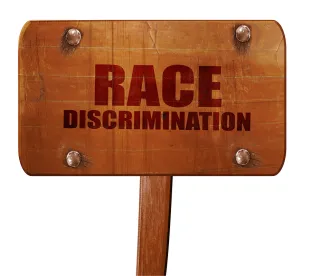An employer that refused to hire an applicant based on a positive pre-employment drug test was entitled to summary judgment on the applicant’s race discrimination and civil conspiracy claims despite the applicant’s argument that the company safety officer cancelled his split specimen drug test due to discriminatory animus, according to the U.S. Court of Appeals for the Seventh Circuit. Turner v. Hirschbach Motor Lines, Case No. 15-3263 (7th Cir. Apr. 24, 2017).
The employer, a commercial trucking company, offered an African American applicant a commercial motor vehicle driver position that was contingent on a negative drug test. The applicant tested positive for marijuana. Pursuant to Department of Transportation requirements, the laboratory split the applicant’s urine specimen in two for purposes of retesting the specimen, if requested by the applicant. The company’s safety officer informed the applicant of his right to request a retest of the split specimen. The applicant claimed, however, that the safety officer falsely reported to the medical review officer that the applicant changed his mind about the retest and cancelled it. The applicant was not hired.
The applicant alleged race discrimination under a “cat’s paw” theory, which allows the applicant to impute the racial animus of a non-decision-maker (the safety officer) to the employer. To do so, the employee must prove that the non-decision-maker was a proximate cause of the adverse decision. In this case, it was undisputed that the employer did not hire applicants who failed a drug test, and the applicant here failed to argue that similarly-situated applicants of different races were treated differently. Thus, the Court held that without evidence that the drug test was a false positive or that the retest would have come back negative, a jury could not reasonably infer that the failure to hire was proximately caused by the safety officer’s alleged racial animus. The Court also affirmed summary judgment with respect to the civil conspiracy theory because there was no evidence of an unlawful agreement to cancel the applicant’s split specimen test.




 />i
/>i

